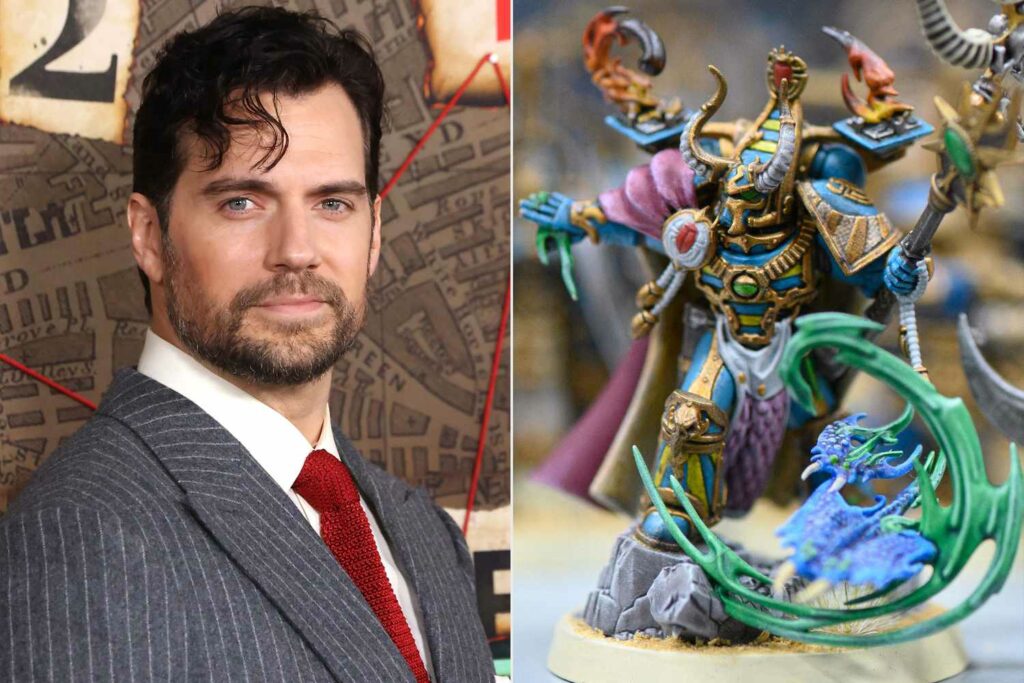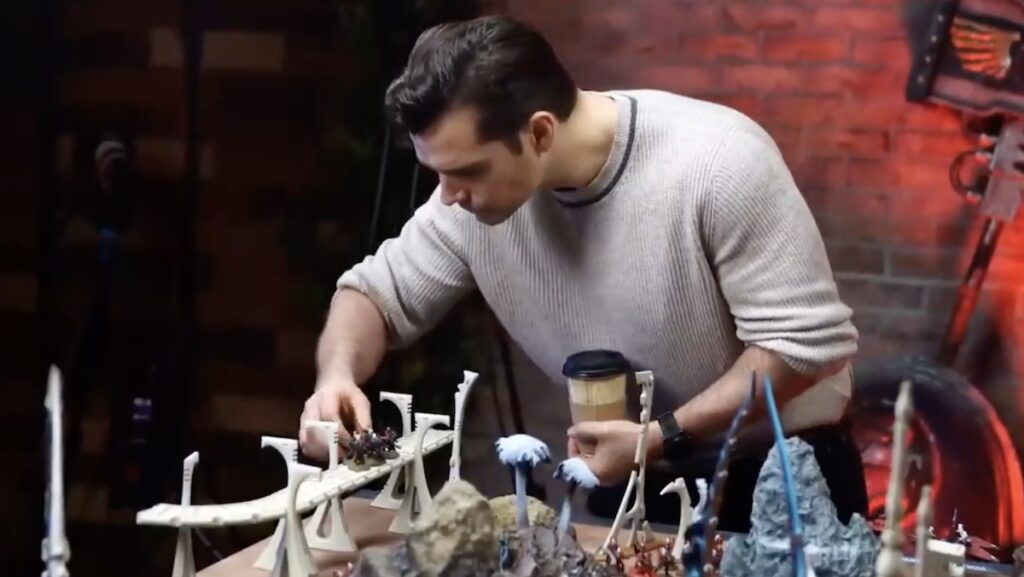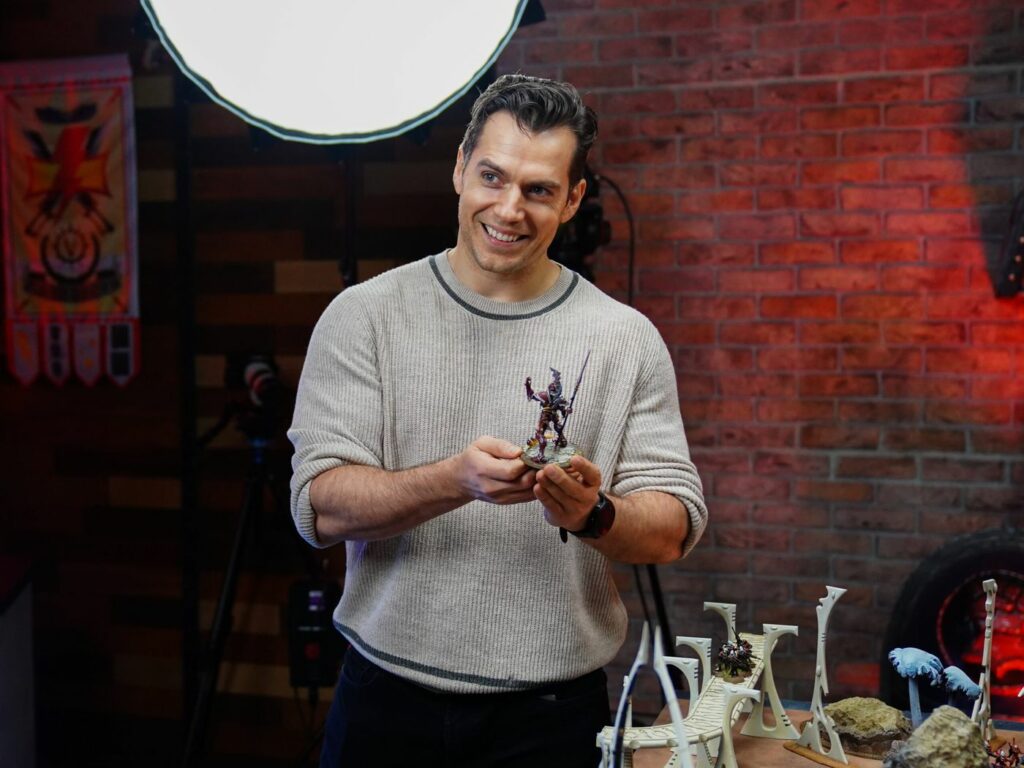Henry Cavill, celebrated for his charismatic and intense portrayals from Superman to Geralt of Rivia, has often found himself at the epicenter of Hollywood’s infamous battle between authentic storytelling and commercial filmmaking. His career, marked by passionate commitments to his roles, has unfortunately been shadowed by the industry’s recurrent theme of sidelining genuine narrative fidelity for broader appeal.

A Cursed Trend Haunts Cavill’s Choices
From the mythical expanses of “Immortals” to the fantastical realms of “The Witcher,” Cavill has navigated through roles that resonate deeply with fanbases due to their rich, original mythologies. Despite his profound understanding and respect for these narratives, Cavill’s journey through Hollywood has been fraught with creative compromises. “Starting with his award-worthy performance as Superman, being one of the best people suited for the role, and continuing on with the disloyalties of The Witcher,” the industry’s tendency to prioritize cinematic allure over source material fidelity has been a recurrent challenge.
The disintegration of Greek mythology in “Immortals” and the controversial adaptations of DC’s Superman under Zack Snyder’s direction exemplify the distortions that Cavill has witnessed. This pattern of modifying pivotal elements—often until they become barely recognizable—has not only marred the storytelling but also the authenticity of these beloved characters.

Cavill’s Stand Against Creative Dilution
Despite these setbacks, Cavill’s commitment to preserving the essence of his characters has never waned. His deep involvement in “The Witcher” as both lead actor and a fan of the original books and games is a testament to his dedication. A fan expressed this sentiment poignantly, stating, “Henry Cavill loved The Witcher but he clearly wanted the studio to respect the book material and it must have disappointed him to see them mock it.”
Unfortunately, his efforts were not enough to steer the series away from creative liberties that estranged it from its roots, leading to his eventual departure. This departure highlighted a crucial aspect of Cavill’s career: his resilience in advocating for narrative authenticity, even at the cost of his roles.
Warhammer 40K: A New Hope or Another Disappointment?
As Cavill transitions into the universe of Warhammer 40K, both as an actor and a producer, the stakes are high. The expansive lore of Warhammer, coupled with its fervent fanbase, presents yet another challenge of adaptation. Cavill’s understanding of the source material and his previous experiences posit him as a potential guardian against the creative compromises that have plagued his past projects.
In interviews, Cavill has expressed his enthusiasm for Warhammer 40K, reflecting his readiness to imbue this new role with the same fervor and protectiveness he’s known for. “Considering just how much story there is to tell and how much can be adapted, there is no doubt that the show will last for quite some time and may even lead to spin-off projects,” Cavill noted, underscoring the vast potential of the series to flourish if handled with respect to its origins.
The Future Lies in Balancing Acts
Henry Cavill’s career, though dotted with instances of creative conflicts, demonstrates the critical balance required between artistic integrity and the commercial necessities of filmmaking. As he steps into the role of both a performer and a producer for Warhammer 40K, his previous experiences may well empower him to navigate this complex landscape more effectively, ensuring that the adaptation does not lose its soul in translation.
In a world where the fidelity of adaptations can often determine the success or failure of a project, Cavill’s role extends beyond acting. He emerges as a crucial figure in the ongoing dialogue between creative expression and commercial success, advocating for a harmony that respects both the creator’s vision and the audience’s expectations.

